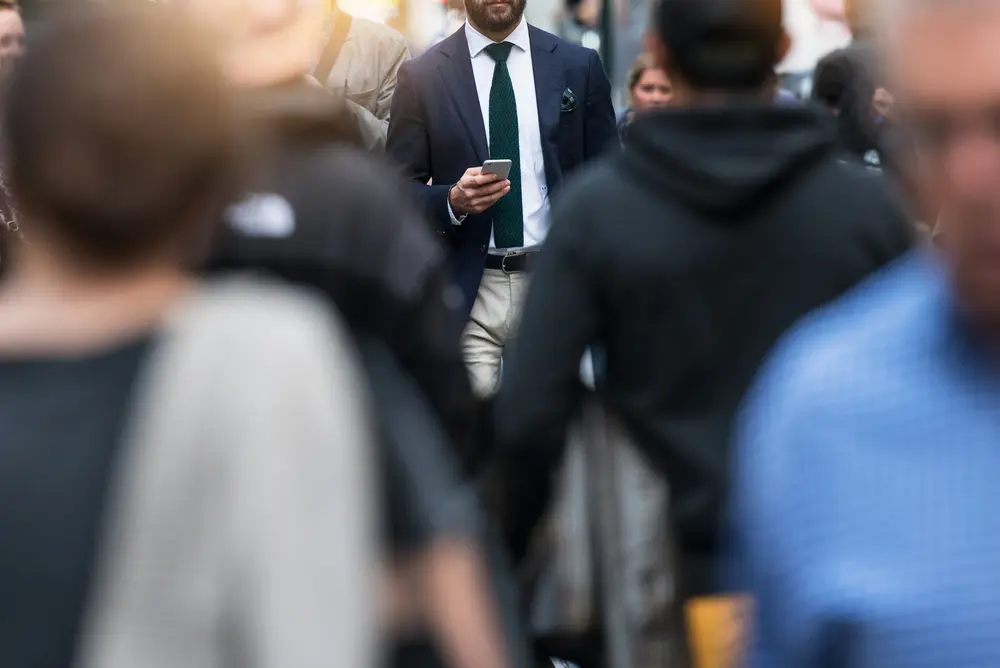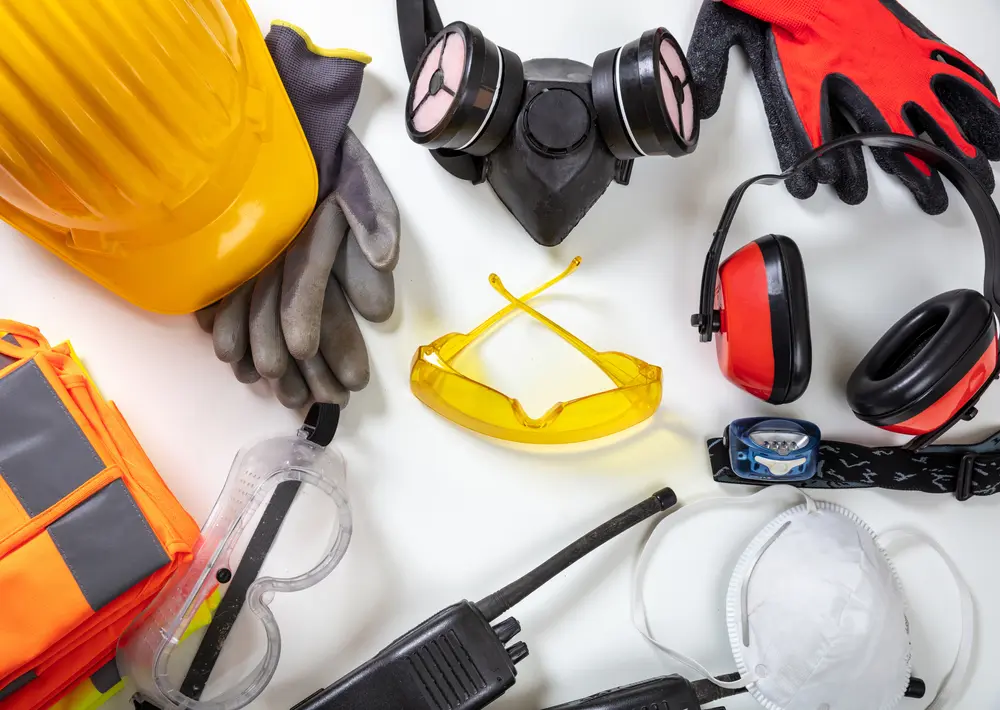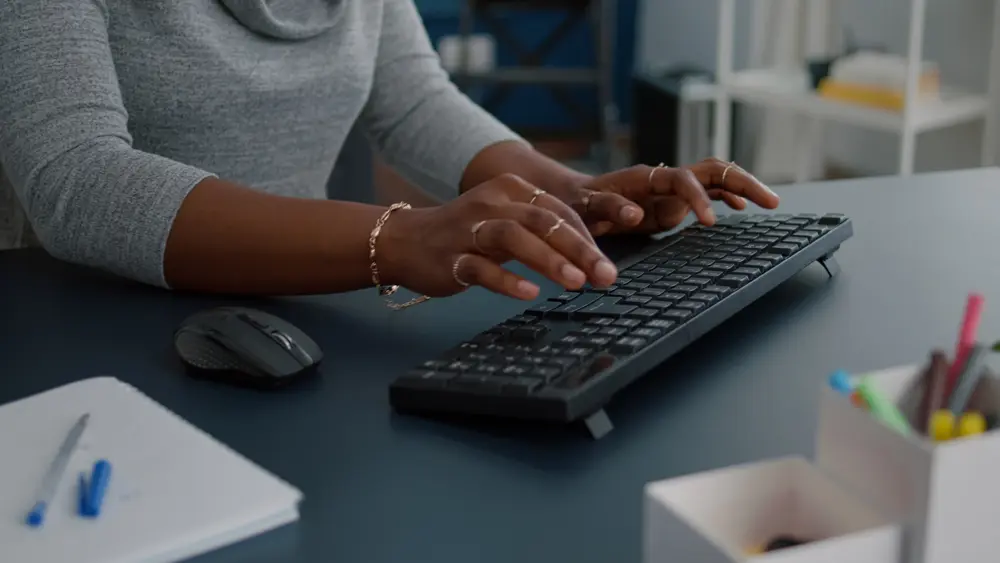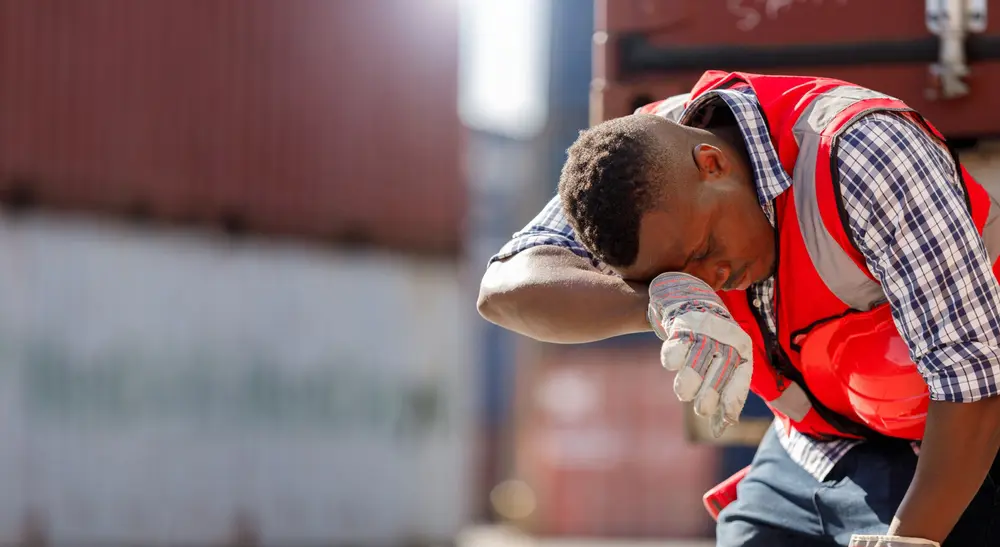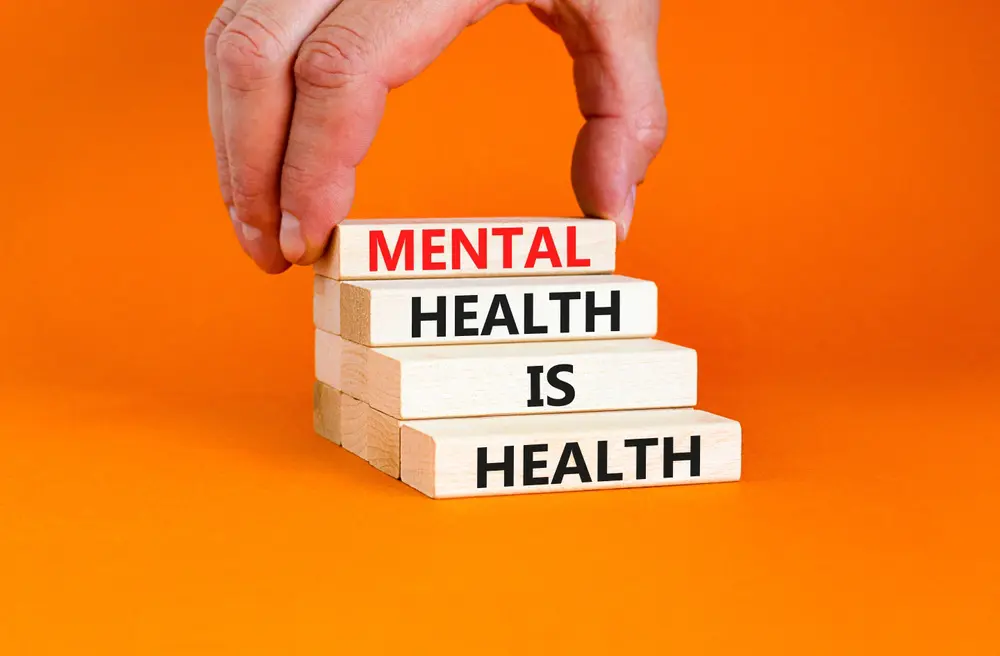December Safety Training: Cold Safety
Many people aren’t aware of how dangerous cold weather can be. Protect your workforce with comprehensive cold safety training.
November Safety Training: Personal Protective Equipment
Personal protective equipment can keep people safe from occupational hazards and workplace injuries. Training helps workers use PPE properly.
October Safety Training: Cybersecurity
All organizations need good cybersecurity. Online safety training can help protect against cyberattacks and their financial consequences.
Texas Education Agency (TEA) Grant Update
The 2023 SAFE Grant from the Texas Education Agency (TEA) offers $800 million in funding for school safety upgrades. Learn about eligibility criteria.
Emerging Corporate Safety Trends: How AppArmor Elevates Duty of Care Strategies
Discover how Rave AppArmor revolutionizes corporate safety in the age of Duty of Care. Prioritize safety to enhance loyalty, reputation, and brand identity.
July Safety Training: Heat Safety
Exposure to heat can lead to illness, injuries and even death. Heat safety training can give workers the knowledge and tools to stay safe.
May Safety Training: Mental Health
Mental health is a vital part of overall wellness and safety. Find out how to incorporate mental health support into employee training.
Protecting Houses of Worship: Grant Programs and Security Systems to Maintain Secure Worship Spaces
Many governmental agencies have issued resource pages for houses of worship to understand, assess and implement a plan for improving security.
April Safety Training: Workplace Violence
Safety training helps employees know how to respond and stay safe during incidents of workplace violence, including active shooter situations.
2023 Healthcare Worker Safety Survey Results
Does your company, organization, school or hospital communicate via text? Many older mass notification systems rely on emails and voice calls to reach recipients, but texting offers several unique benefits that can’t be overlooked.
Business Continuity in Manufacturing: Protecting People and Profits
Manufacturing businesses can quickly lose money during emergencies and disruptions. Find out how to improve business continuity in manufacturing.
The Broadening Landscape of Protecting Legislative Bodies
Learn how the approach to the safety of state and federal legislators has drastically changed and deserving of its own focus.



